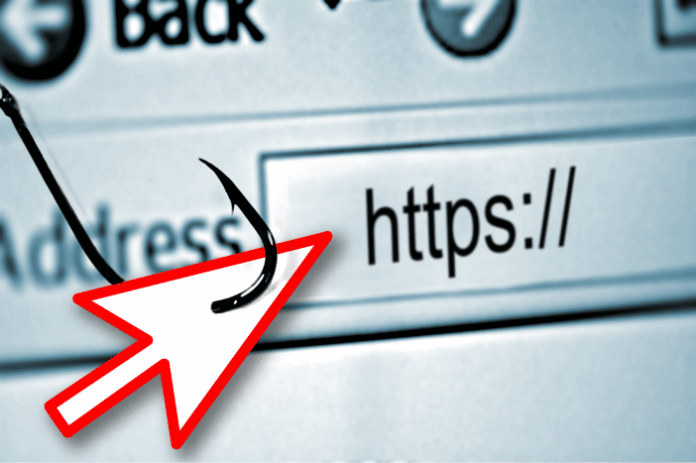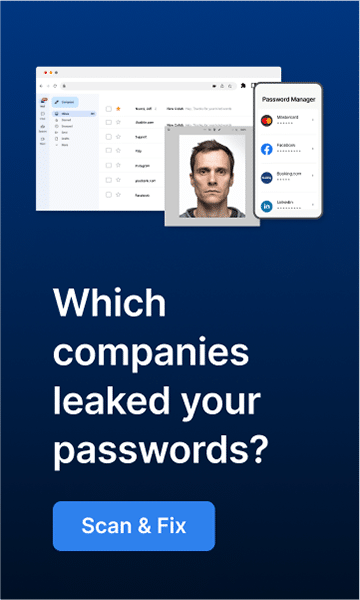Business loans are crucial for the success of many businesses, but unfortunately, business lending is also a popular area for scams. Scammers work tirelessly to take advantage of unsuspecting people who don’t know how the process works or what to expect. Thousands of small business owners are targeted by scammers every year. They offer loans that seem too good to be true, and when the business owner applies for the loan, they find out there is a catch.
Luckily, you can protect yourself by learning about the red flags and some common tricks scammers use. You can avoid becoming a victim and keep your business safe by being informed.
Small Business Loan Scams: How They Work
Businesses are vulnerable to loan scams, especially during the COVID-19 pandemic, which caused critical economic changes, and online alternative lenders have increased in numbers. Even though this has made it easier for businesses to get loans, there is also an increase in fraudulent activity.
Small companies are most frequently targeted by email, websites, and search engine advertising. However, they may also be reached through phone calls, texts, and direct mail. Scammers will try to get personal information, non-public business information, and money, claiming to be well-known businesses, bankers, the government, or other individuals you trust. These online crooks take advantage of a company’s need for rapid and low-cost financing.
Most common small business loan scam
The advance fee scam
This type of scam usually starts online with a post ad or a call, if you have searched or applied online for any loan, a scammer will probably contact you. When the scammer gets in touch with you, the thief will pretend to be a person or organization that provides low-cost debt access in exchange for an upfront payment. To justify the advance fee, they say the money is a “processing fee,” “insurance premium,” or an “application charge.” If you end up paying, your money will disappear with the scammer.
Important facts:
- It is important to remember that before any reputable lender offers you a loan or other form of credit, they will want to check your credit history. If someone promises you a loan without looking into your financial history first, beware – especially if they ask for payment upfront.
- Some authentic lenders might charge an application or appraisal fee before they even look at your loan application, but no one legitimate will tell you that paying a fee guarantees that you will get the loan.
- Another fact you might know is that it’s illegal for telemarketers to offer loans or credits via phone. So if you receive a call like that, it’s very likely a scammer.
Personal information scams
Criminals crave more than money; they also want your personal information. Posing as brokers, these tricksters typically guarantee low rates or immediate approvals to lure you into applying. Afterward, they use your Social Security number, credit card numbers, and bank account information to acquire credit cards in your name for their underhanded activities.
Beware of phone calls, emails, or ads that say, “starting a small business? Need a consultant or capital? We can help!”
Peer Lending Scams
A way to get money for your business is to use a verified peer-to-peer lending platform. These websites have many people who can invest in your loan. They look at your credit score and see if it is good enough. You might be able to get a loan from many different people this way.
Peer lending platforms can be a fantastic method for small business owners to get funding. However, fake “peer lenders” employ social media sites like Craigslist, Facebook, and Messenger to commit scams.
Federal government offers
Be careful of anyone claiming to offer “free” government grants. The only companies that might be eligible for federal government funding are agriculture businesses; however, this information is available for free on the official federal government website. You should also keep in mind that the government will never call you offering a grant.
Important facts:
- Any ethical lender or loan broker will answer any question you can’t find online free of any charge. Their job is to give the accurate information you need to make the right borrowing decision for your business.
- Anyone asking you to pay for information on obtaining a business loan is taking advantage and will probably take your money without giving you anything in return.
- Keep in mind that money isn’t the only thing scammers look for. Sensitive information is also their goal.
Credit score repair scams
Your credit history is very important when you apply for a business loan, and some companies can help you improve your credit. Still, unfortunately, there are also scams intending to steal your money or information for identity theft. Credit repair companies are not allowed to guarantee results, misrepresent information, offer you a new identity, don’t explain your legal rights, or up-front request payment. These scams usually promise to raise your score by hundreds of points in a short period of time. However, these claims are often false and can end up hurting your credit even more.
Important facts:
- There are plenty of actionable steps you can take on your own to improve your credit score.
- Be wary of anyone pressuring you to pay upfront to improve your credit or who claims they can eliminate negative but accurate information from your credit report.
- Scores of dependable lenders are amenable to working with you even if your credit score is low or your credit history is brief.
Now that you know some of the most common small business loan scams, you should also keep in mind some signs you are being scammed, this will help you avoid falling into these tricky situations.
Signs you are being scammed
- You are being asked for money upfront: You should never have to pay a lender or broker before you borrow money.
- There are no contact details: When looking for a lender, be sure to avoid those that do not have a physical address or contact information that is easily found.
- Too good to be true: If one lender is offering you a deal that is excessive better than other deals, don’t trust it.
- Automatic approval: You shouldn’t trust any promised loan unless you submit your business application.
- Generic email address: Lenders should only conduct business using an official email address. Avoid those who use Gmail, Yahoo, or Hotmail email accounts.
- Unsolicited loan: If you receive a cold call offering you a loan, it’s likely a scam.
- Aggressive sales tactics: People who try to rush you into a decision, offer free gifts, or use phrases like “limited time only” or “last chance” might be trying to scam you.
Conclusion
There are many small business loan scams out there, but if you know what to look for, you can avoid them. Be sure to research any lender before working with them, and if something seems too good to be true, it probably is. With a little bit of caution, you can get the financing you need without falling victim to a scam.

